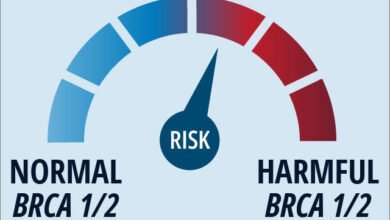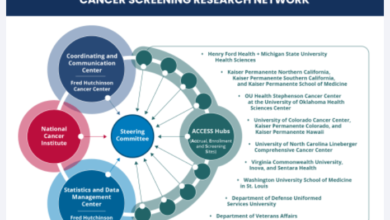Spontaneous Cancer Remission | Why Some Tumors Disappear

However, spontaneous remission is, by far, most prevalent in neuroblastoma. In one study, 75% of untreated Stage 4 neuroblastoma patients experienced spontaneous remission. In fact, experts say it may happen as often as confirmed diagnoses of neuroblastoma. This means many neuroblastoma tumors may disappear before they can be diagnosed.
Spontaneous remission has also been reported in many other types of cancer, including lung cancer, pancreatic cancer and breast cancer.
How Long Does Spontaneous Cancer Remission Last?
There is no definitive time frame for how long spontaneous cancer remission may last. Reported spontaneous remission times range from about 2 months to more than 5 years.
Spontaneous remission duration is unpredictable and likely depends on a variety of factors. Because of this, doctors recommend continued close monitoring even after remission. This monitoring can help them catch recurrence, or cancer coming back, as soon as possible.
As research continues, doctors may learn more about what causes remission to last. Research may also help doctors develop new ways to treat cancer.
Research Into Spontaneous Remission of Cancer
Spontaneous cancer remission remains rare, which means related research is limited. But some studies have already generated key insights into this phenomenon. One recent study linked spontaneous remissions to COVID-19 infection. Another study tried to trigger spontaneous remission in pleural mesothelioma patients.
Spontaneous Cancer Remissions and COVID-19
At least 16 reported cases of spontaneous cancer remissions have been linked to COVID-19 infection or vaccination. Some of these cases were limited to transient remission, meaning the cancer returned.
Researchers have not yet determined if COVID-19 caused these remission cases. The study authors suggested the following ways COVID-19 may have contributed to remission:
- Oncolytic activity: The virus itself may have killed cancer cells, causing tumors to shrink or disappear.
- Unexpected immune response: The infection or vaccine might have caused unusual immune behavior. If so, it may have allowed the immune system to fight cancer.
Research into this area is ongoing.
Spontaneous Cancer Remission and Pleural Mesothelioma
Researchers attempted to trigger spontaneous remission in pleural mesothelioma patients. Patients were treated with a non-standard combination of chemotherapy drugs. This means the combination itself may have been inferior to current chemo regimens. During chemo treatment, patients’ bodies were warmed to simulate a high fever.
Source link
#Spontaneous #Cancer #Remission #Tumors #Disappear



